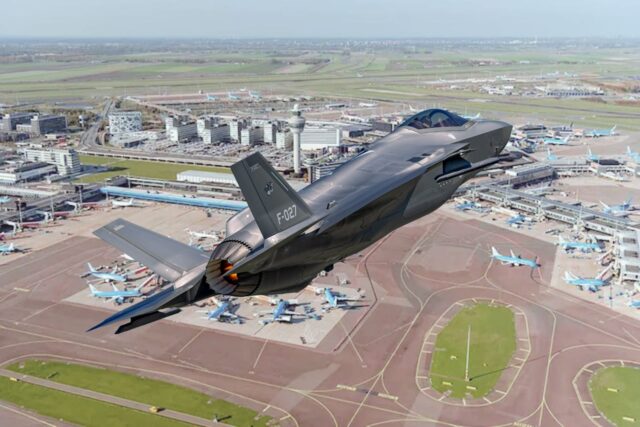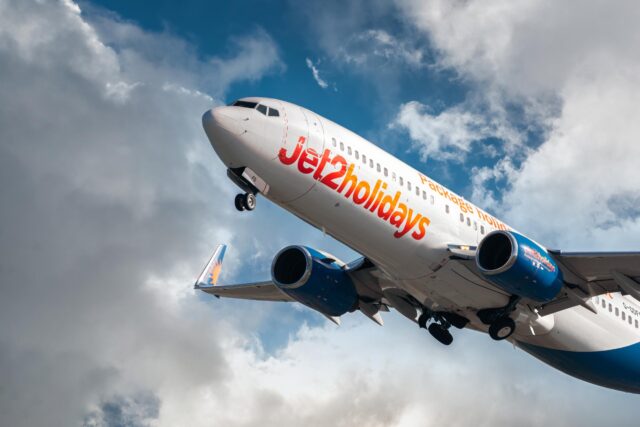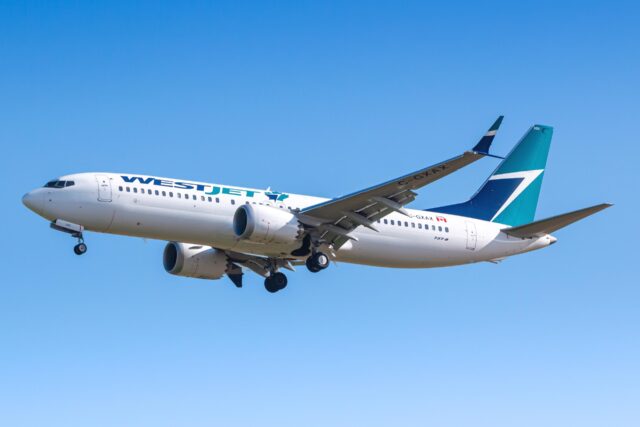
A study conducted by Innovate UK Business Connect for its member and delivery partner the Jet Zero Council has indicated that 71% of over 2,000 UK adults surveyed are unaware of sustainable aviation fuel (SAF), with nearly a third of those who have heard of it not fully understanding its meaning. “As not only have most not heard of [SAF], at least 42% can’t tell from the terminology what it might encompass,” explains the study.
Research carried out in October 2023 highlighted that those aged 18-34 are the most unlikely to have heard of SAF, with 30% being unaware of its existence. However, although 61% of all participants correctly inferred that SAF “is a sustainable liquid alternative to fossil jet fuel,” nearly a third incorrectly assumed that the term referred to hydrogen (28%) while 17% believed it to include battery-electric propulsion technologies. Again, the youngest age group surveyed were most likely to incorrectly categorise SAF as including the latter.
Perhaps surprisingly, “91% have an erroneous view of sustainable aviation fuel’s current commercial use,” with only 9% of respondents aware that it is already deployed in commercial operations. The majority (56%) believe it is still five to ten years away, 13% believe it is even further away, with 5% believing SAF will never be used.
When survey participants were asked about potential alternative sustainable fuel sources, “the majority don’t seem to be aware of the possibilities,” continues the survey analysis. Just 36% see the potential in used cooking oil, 33% selected waste gases from industry and 22% opted for agricultural waste; with 27% dismissing “many plausible fuel sources that are indeed used in the production of SAF”.
Promisingly, 65% of the public indicated they would choose a SAF-powered flight over a kerosene-fuelled counterpart, assuming the cost was the same; with 25-34 year olds most willing to take a SAF-powered flight (64%). However, while 8% said they would not be swayed by the use of SAF, 28% indicated that the use of SAF would not factor into their decision making.
Turning to the cost of SAF (which is yet to achieve price parity with conventional kerosene, something largely to be driven through economies of scale), people indicated they were willing to pay 26% more on average for a SAF-powered flight. However, results varied strongly between region, with those interviewed also willing to pay 21% more for conventionally-powered flights should the cost of fossil fuels increase. Passengers in London and the South West were more likely to spend more on a SAF-powered flight. “When it comes to flying, cost is more of a concern to most people than environmental impact,” concluded the study.
However, with 21% of the UK population “actively trying to reduce their air travel for environmental reasons” – with passengers across every demographic less sensitive to price rises if the fuel used is sustainable – there remains “a significant opportunity for the industry to educate consumers about what it’s already doing and the possibilities moving forwards,” concludes Innovate UK Business Connect.
Subscribe to the FINN weekly newsletter
















